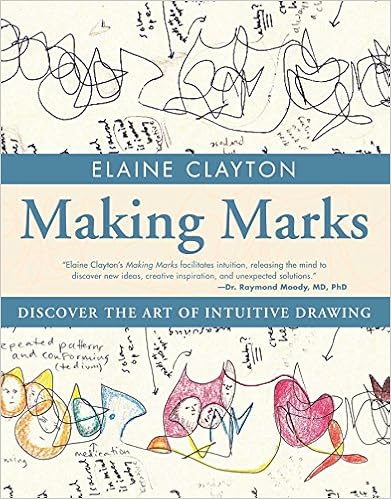Kol Hakavod, Elaine!
December 10, 2016
God Was in This Place: Dreaming of Jacob
by Elaine ClaytonAnd so Jacob said, “Goodbye Everyone”
And went to Haran
 |
| Copyright Elaine Clayton 2016 |
In the wilderness
Bewildered
And I saw him there
“Jacob,” I called out, “How are you?”
“Oh, so-so,” he said in his endearing way
“Why only so-so?” I asked him
Jacob answered, “I didn’t sleep well. For one thing
My pillow was as hard as a rock, and I mean as hard as a rock.”
“I’m sorry, Jacob,” I said, “Did you remember any of your dreams?
And Jacob said, “No. No, I don’t dream. I don’t remember my dreams.”
It is Shabbat morning in the year 5777
I wake up feeling a longing and sadness
Thank, God, it was only a bad dream
I whisper to myself
Of course Jacob had a dream
And of course Jacob remembered his dream
Its in Torah!
I say to myself
Jacob knew God was in this place
That place
Because where he rested his head
He slept and where he slept
He dreamt
And where we dream, God is
Half asleep, I still hear Jacob talking to me
He says, “I was only kidding about not dreaming!
You can do Freud, or Jung
You can say you ate something
Or saw a movie
That’s why you dreamed what you did
But keep your dreams close by”
He says
“The Talmud states that a dream not interpreted
Is akin to an unopened letter
Some dreams are messages of love
Some are bills
Some are junk mail
Some are invitations
Some are solicitations
Some are citations
All of them are letters
Given to be opened and read
Signed, sealed, delivered
They’re yours”
He says
“They’re your fears
Your desires and impressions
For ordinary time spent
And extraordinary actions
All of your comings and goings
Nobody can dream as you do”
He says
And I say
But some dreams we share
Like the one about going to work with no pants on
Or arriving late to the most important class
The one about flying
The one about monsters
Or lovers
Or things we are glad did not really happen
On the way to the temple on I-95
Jacob sits silently in the passenger seat
I say, Jacob, I am getting to know you
To learn from you
What are you thinking about?
“Just keep your eyes on the road,”
He says
Still sleepy at the temple
I whisper the blessing
And kiss the tallit on its embroidered hem
Swirl it like the world around me
And let it surround me
I clasp it over my shoulders as though
I just emerged from the sea
And close it over my heart
I am wrapped in
Where the sea meets the sky
Where the tides of life
Crash at my feet
Soaking into the dust of the earth
I see the lines on the tallit
Like the waves at sea
And like the rungs on Jacob’s Ladder
I see the waves coming
I sense the desire to
Capture them
To reach for them
Swimming or pulling myself upward
I go rung to rung
Feeling waves of emotion
Waves of despair
Waves of anger
Waves of joy
Waves of days come and gone
Waves of mercy
Waves of grief
Waves of love and sorrow
Waves of gratitude
And lessons learned
Reciting the Shema
The tallit settles like clouds
On my shoulders
Keeping my dreams
Upon me softly
A witness to the dream-letter opened
By Jacob
Chanting V’ahavta
I gaze at the heart of my own days
And close my eyes
Through waves of doubt and hope
And wonder if a ladder will
Appear for me
As it did for
Jacob
I play with the tassels
613 twists and turns
In the dreams of God
His for us, and ours for Him
Wave after wave
Dream after dream
With or without me
The dreams keep arriving
And disappearing
Our dreams of peace
For our children
Our dreams of justice
For us all
Our dreams of our place in the world
As crazy as the world is
We still dream
God is One
The Ark opens
My heart dares to open also
The prayer chants take us
High and low
Ascending and descending
On the Jacob’s Ladder
within each of us
And what is this ladder within?
Is it the Tree of Life?
Is it the twisting ladder of my DNA?
Is it the way I hold emotions
In my crown
At my mind’s eye
In my throat
In my heart
In my stomach?
I feel myself soar and dip
Slipping and gripping
Through the prayers
A malach is with me
A messenger
On each rung
As I rise and fall
Closing my eyes
During Kaddish
I see Jacob in Haran again
He is wandering expectantly in the darkening twilight
He places his head on
ha-evan, the stone
His pillow
I take off my tallit
And wrap it around him
As he gently falls asleep
Under the stars
To dream
To come to know things
To wake soon and wrestle
With his new name:
Yisrael




